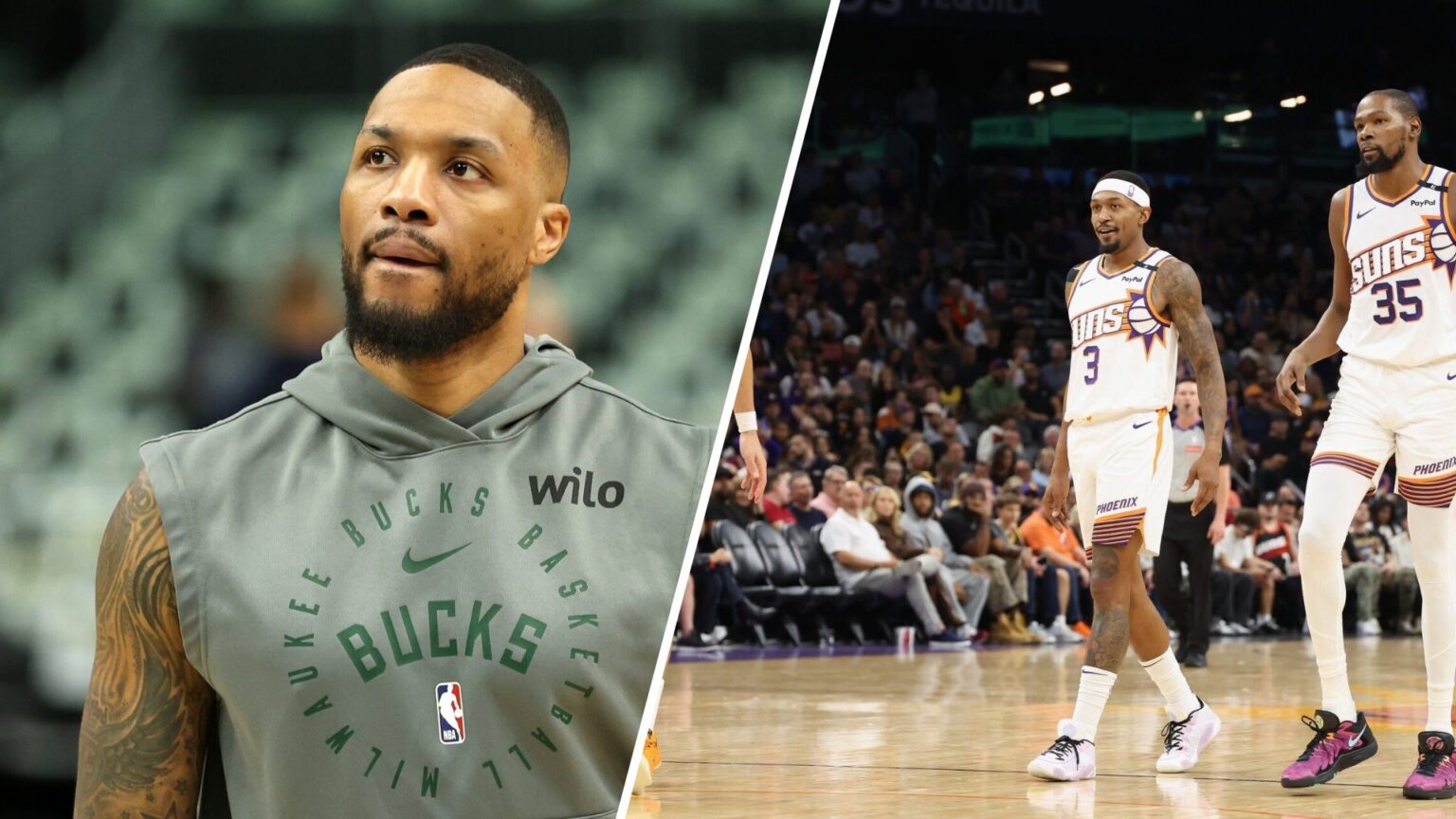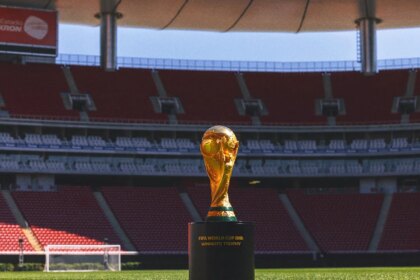The Phoenix Suns are entering a new phase in their franchise’s journey. Following their attempts to assemble a super team, they now face the challenge of patiently restructuring their roster. Their initial move was trading Kevin Durant to the Houston Rockets, capitalizing significantly on their only tradable asset. With the 10th pick in the NBA Draft, they chose Duke standout Kamanmaruach but then made a puzzling decision by acquiring Mark Williams, another center, creating a curious overlap at a key position with little depth elsewhere. Despite this odd roster setup, the Suns seem willing to take the risk.
However, the rebuilding process hinges heavily on resolving the Bradley Beal contract issue. Beal, who has no trade restrictions but only agrees to moves to preferred teams, has been a sticking point. Reports from Mark Stein and Jake Fisher reveal that the Suns once considered trading Beal right away, similar to Damian Lillard’s situation. But to execute a buyout and salary stretch, the Suns need Beal to forfeit $14 million in salary to clear cap space. Without this concession, the Suns lack the flexibility to maneuver Beal’s contract as Milwaukee did with Lillard.
For the past year, Beal has controlled the situation with no transaction clauses, effectively blocking any moves without his approval. He remains firm in his stance, unwilling to compromise or leave on anyone else’s terms. Given the substantial $14 million figure, Beal is fully within his rights to reject any waiver requests. Yet, the more difficult he is, the longer his own career may be hampered by the unresolved contract.
Fan Take: This contract standoff underscores a critical challenge in NBA team management—balancing player leverage with rebuilding ambitions. How the Suns navigate the Beal situation could set a precedent for future roster restructuring in the league, impacting how star players and franchises handle contentious contracts.



